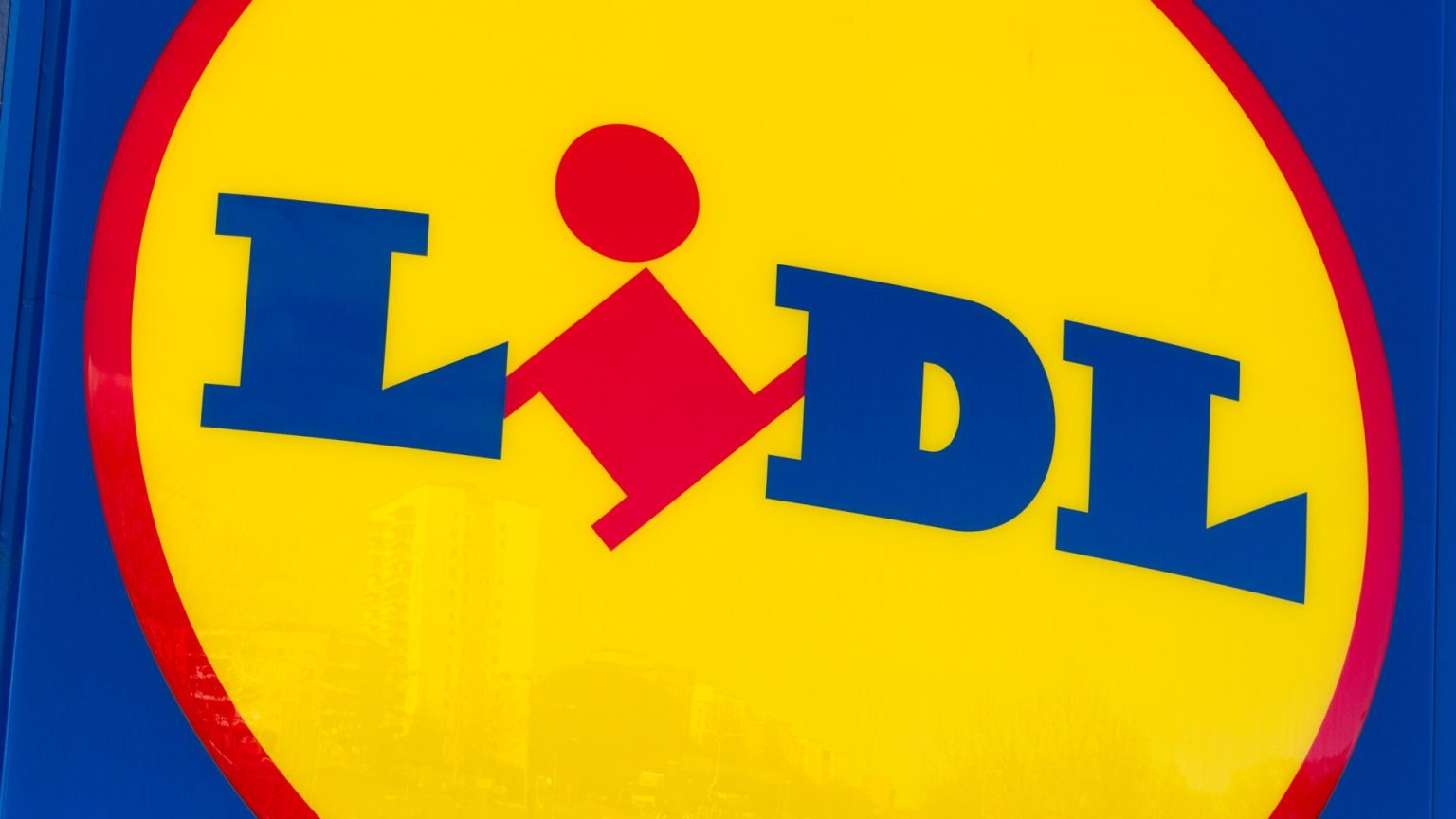Lidl has initiated a product recall in the UK for its Alpenfest Style Salted Mini Pretzels coated in both milk and dark chocolate due to potential health risks. The recall, prompted by reports of a burning sensation in the mouth after consumption, affects products with a best-before date of June 30, 2025, and batch code 8535. The Food Standards Agency (FSA) has deemed the pretzels unsafe for consumption, confirming the potential for oral discomfort. Customers are advised to return the affected products to their nearest Lidl store for a full refund. Lidl has also issued public notices within its stores to inform customers about the recall and the potential hazard. The product was last available for purchase on October 17, 2024. Lidl has apologized for any inconvenience and encourages customers with further inquiries to contact their customer service department.
This recall follows a similar incident involving Marks & Spencer, which recently recalled batches of breaded chicken products due to potential salmonella contamination. This affected their Crispy Southern Fried Chicken Burgers and Chicken Kyivs sold in Northern Ireland. The recall emphasized a “do not eat” warning for consumers who had purchased the specified products with use-by dates between January 26 and February 1, 2025. Salmonella, a bacterial infection, typically manifests with symptoms such as fever, diarrhea, and abdominal cramps.
The Lidl recall underscores the importance of food safety regulations and the proactive measures taken by retailers to protect consumer well-being. Recalls, while disruptive, are essential for minimizing the risk of foodborne illnesses and ensuring public confidence in the food supply chain. The prompt action by Lidl and the FSA demonstrates a commitment to addressing potential health hazards effectively and transparently.
Both incidents highlight the vulnerability of the food supply chain to contamination and underscore the crucial role of rigorous quality control measures. From production to retail, maintaining hygiene standards and implementing robust testing protocols are essential for preventing outbreaks and protecting consumer health. The recalls also demonstrate the importance of clear communication channels between retailers, regulatory bodies, and the public to ensure swift action in case of product contamination.
These recalls also emphasize the responsibility of consumers to be vigilant about food safety notices and to take appropriate action when a product they have purchased is recalled. Checking product labels for batch numbers and best-before dates, as well as staying informed about recall notices, are crucial steps consumers can take to protect themselves. By heeding recall warnings and returning affected products, consumers contribute to the overall effort to maintain a safe food environment.
Finally, these events emphasize the interconnectedness of the food industry ecosystem, where issues in one part of the supply chain can have significant repercussions downstream. The prompt action taken by both Lidl and Marks & Spencer, in cooperation with the FSA, serves as a valuable example of the critical role of collaboration in managing food safety incidents and protecting public health. The ongoing vigilance of both retailers and regulatory bodies reinforces the commitment to ensuring the safety and integrity of the food supply.


